I live in the province of British Columbia, a place that has been called one of the best places to homeschool in the world. Our homeschooling laws favour families, and offer immense freedom for families that choose to supervise their own children’s educations. I’m proud to live in such a progressive place – a place that values individual choice and freedoms.
Here is BC, there are two options for home learners:
One, they can register with their local school district, school (or another homeschooling organization). Registering involves telling someone you are going to homeschool your children. That’s it. No reporting, no questions, no curriculum to follow or guidelines to attain. To put it simply, families are trusted to know what is best for their children. From this point, parents can choose what (if any) curriculum and resources they would like to use with their children.
Two, they can enroll with a distributed learning organization, or under a specific BC-certified teacher. Enrolling involves becoming a student of a organization, school, or teacher. There are myriads of options to choose from, from places where children attend school once or twice a week with their peers, to places with 100% online curriculum, to places where parents design 100% of their children’s curriculum. Each of these organizations is responsible for seeing that their “students” meet the BC Ministry of Education guidelines for their grade, and they also write report cards for the children. How is this is done is another matter, and there is a great deal of flexibility within and between organizations. Families have many options, both religious and secular, but in most cases are required to do some amount of reporting to their organization of choice, and work with a designated learning consultant or teacher.
One of the benefits to enrolling (which could also be seen as a bribe, but that’s another post), is that, depending on the organization, enrolling families are a given a small stipend for educational supplies, curriculum, classes etc. This can vary from organization to organization but usually ranges from $500 – $1200 or so. It is a perk that comes with more control, but can be helpful for many homeschooling families operating on a tight budget. As well, for families within in BC, there is no charge to enroll.
For families that are considering homeschooling in BC, the variety of options can seem amazing. There truly is something to fit the needs of every home learning family. However, they can also quickly become overwhelming, especially with all of the organizations vying for their “business,” for lack of a better word.
So, for all of those families who homeschool their kids in British Columbia, I thought I’d share the top five homeschool organizations chosen by the members we have interviewed in British Columbia this year. It should give you a good idea of options (if you are considering enrolling), and I’ll try to give you an idea of how each organization is different.
This is not an exhaustive list, nor does it pretend to rate the quality of these organizations – just what others have chosen. However, each of the families that have chosen these organizations are very pleased with their choices. The list is presented in alphabetical order.
1. EBUS Academy
From their website, “The oldest and one of the largest distributed learning schools in the province.”
They enrol around 1000 students from grades K-12, each with a designated learning consultant. EBUS is an online school, so reporting, as well as planning and much of student’s school work is done online. Parents and students compile a progress report 3 times a year, and they receive report cards 3 times a year. Check out these interviews with EBUS users for more information: A Rewarding Life: Member Interview with Katie McCall Bragg and Embrace the Chaos: Homeschooling a Large Family with Jenny White .
2. Heritage Christian Online School
Heritage Christian is a Christian online distributed learning school. Although most Christian schools in BC are private schools, and therefore requiring tuition payment, BC Christian online schools such as Heritage operate under the Ministry of Education, and are, therefore, funded by taxpayers (aka: free to families). This makes them a particularly intriguing option for parents wanting a religious education for their children.
From their brochure, “quality educational choices with Christian values.” Heritage offers options where parents and teachers design the educational program together with varied curriculum, and online courses presented by their own teachers, for part or all of a child’s school year.
Families correspond weekly with their designated teacher, as well as compile an assessment portfolio 3 times a year. Students have from K-4 and from 5-9 to cover all of their yearly learning outcomes (rather than grade by grade). In this way (again, from their brochure), “Learning Outcomes are covered in the order that makes the most sense to the famly rather than the typical grade by grade order.” Read more about Heritage in our interview with one of their teachers: A Homeschool Teacher’s Perspective.
3. Homequest (Delta School District)
Many families in BC register with local school district distance learning schools, in which homeschooled students attend school one or two days a week. We interviewed Jill Schmidt about her experience with Delta Homequest: The Schmidt Family Homeschoolers: New & Loving It.
From their website, “By enrolling in Home Quest participants have access to Delta School District’s educational resources, provincial curriculum materials, and hands-on learning experiences, while maintaining a flexible learning environment within the guidelines of a DL program.”
Homequest participants (similar to other programs in school districts across the province) attend school one day a week, and take occasional field trips together. Homequest students work with a teacher to create yearly learning plans, and receive report cards. They enroll children from grades K-9.
4. Oak & Orca Bioregional School
Oak & Orca operates a school on location in Victoria, BC, as well as a distance learning school for home learners throughout BC. They have a unique, bioregional focus, that emphasizes environmental and global stewardship.
From their website, “Study of the local bioregion, experiential learning, consensus decision making, participatory democracy, ecological education, field work, nature interpretation, nature awareness, and deep ecology are all bioregionally related concepts integrated into student life at the school.”
Oak & Orca provides a curriculum for their students that emphasizes child-directed learning, at one’s own pace. Students are not graded, but parents and children have the support of a teacher that helps them reach their own self-defined goals. Parents report progress, and are in contact with their designated learning consultant once a week. They enroll children from approximately grades K-7. Our interview, Sustainable Living With a Waldorf Influence, will give you a bit more information about what is possible with Oak & Orca.
5. SelfDesign
From their website, “the goal of the SelfDesign Program is to encourage children to take charge of their own learning and thus to become lifelong learners.”
Home learners can either register with them or enroll in their program, The SelfDesign Learning Community. SelfDesign facilitates Learning Circles in many areas around BC, which are optional groups of home learners that get together regularly. SelfDesign is known for its support of unschooling families. However, families enrolled in SelfDesign have the option to use a set curriculum, pieces of a curriculum, or none at all.
From their website, SelfDesign’s learning philosophy believes that “learning naturally and optimally unfolds for all children in a context of support, love and enthusiasm. Essentially, the work of SelfDesign is to value and validate children’s learning as it emerges in conventional and non-conventional (but equally valid) forms.”
Parents are required to submit Observations for Learning every week to their learning consultant, who will then translate their learning into Ministry of Education requirements. They are also required to participate regularly in an online learning community. Teachers report on student’s learning twice a year, although the program is ungraded. Check out Embrace the Chaos: Homeschooling A Large Family for a perspective from family who has used SelfDesign.
—
And there you have it. A world of possibilities for home learners in British Columbia. As most of us know, this list just scratches the surface. For one, it doesn’t even touch on curriculum or resources! Still, it is an intersting exercise in options and possibilities, if nothing else. For those of you who are considering home learning with your children, these organizations may be intriguing to you (many of them operate outside of BC as well, although there is a cost to learners).
I hope you enjoyed your peek at homeschooling in BC!

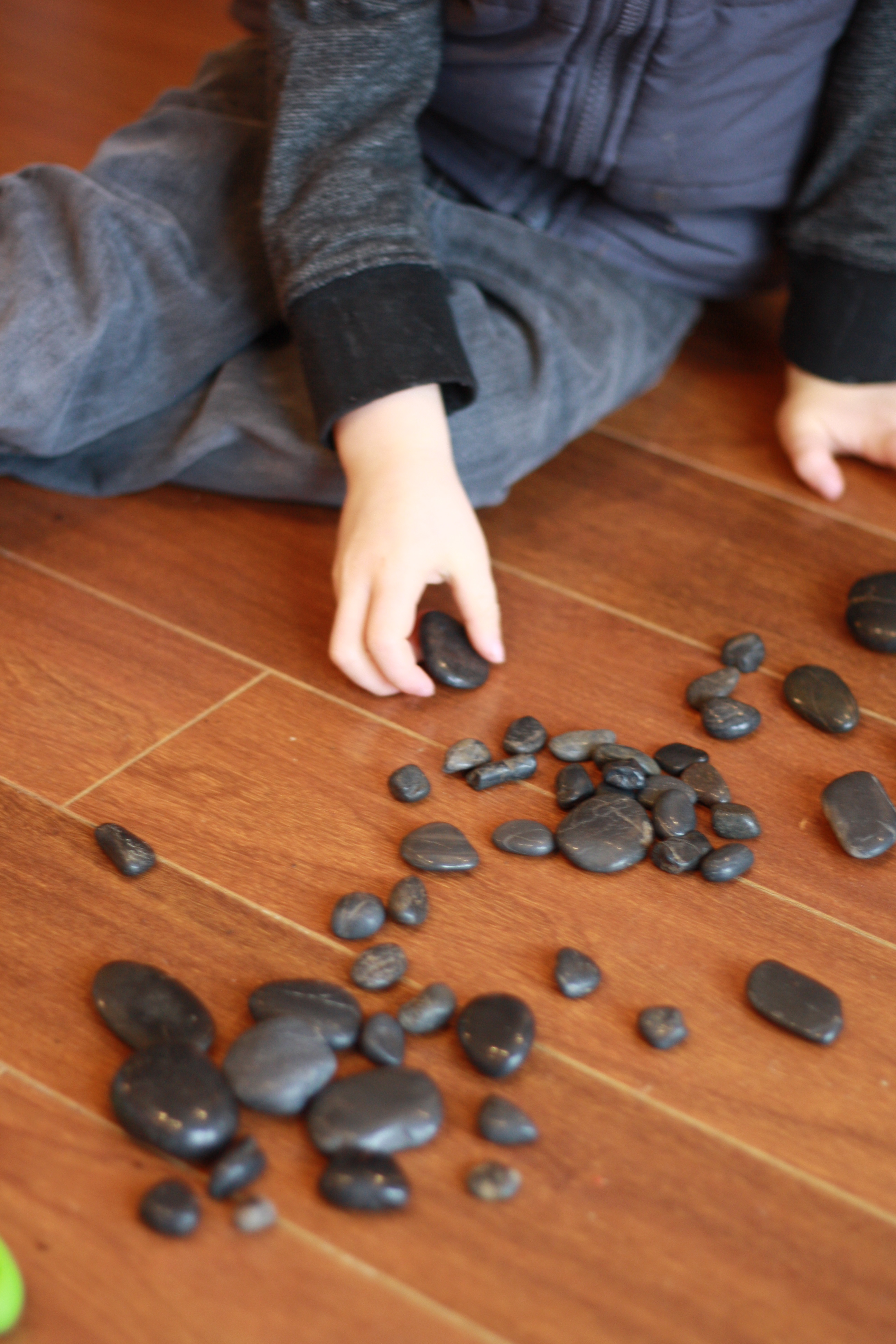


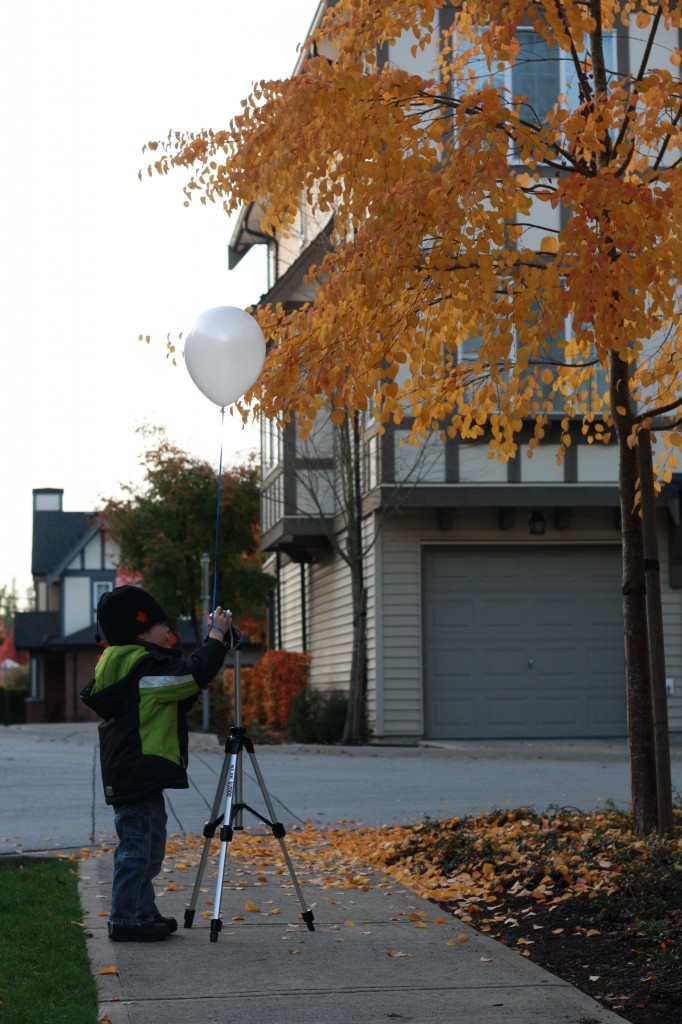
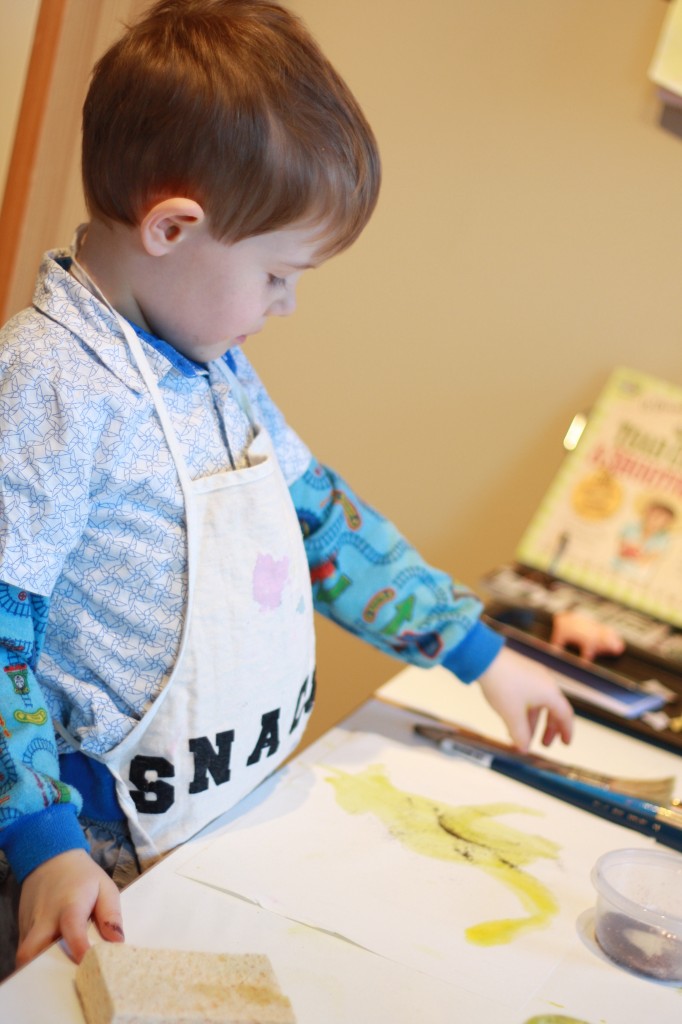
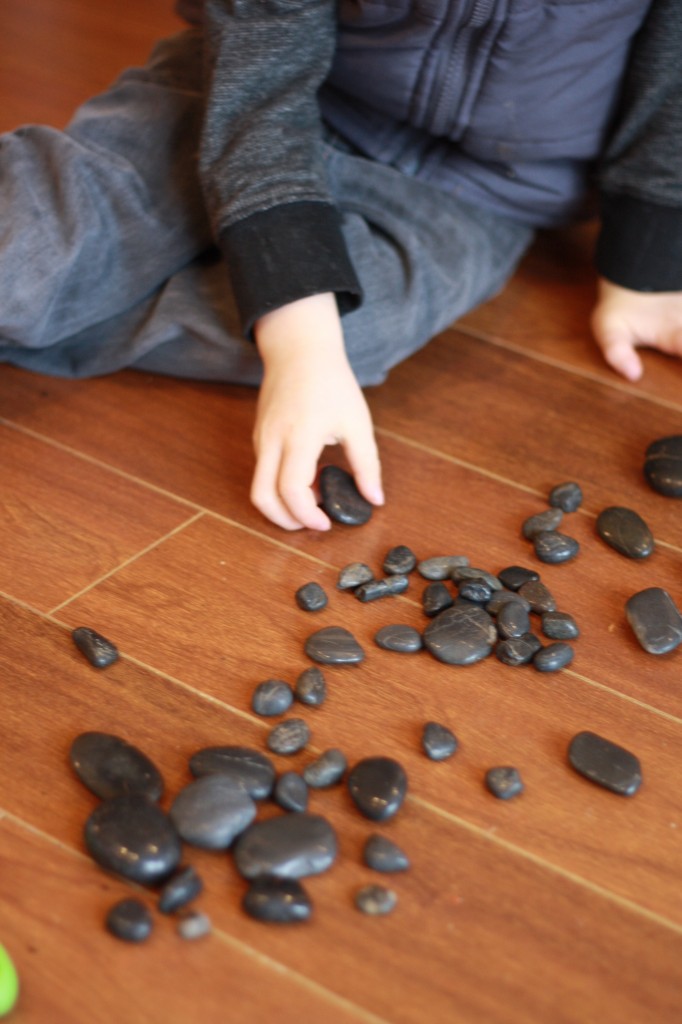
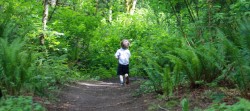
Great article! Alberta is also good for homeschooling in the same way. One option that is available in Alberta is a “blended” program. As your child gets older, middle/high school staples like band and second languages can be learned at your local public school, with the other subjects being taught at home. Nice flexibility
Golden Hills Virtual School in Strathmore, AB accepts students from all over the world. When my daughter was in high school, she wanted the regular curriculum for Math and Science. I was unable to teach it, and GHVS was there for us.
Here in Ontario, we have no government control at all, and I like it that way. Of course, that means we have no funding, but with libraries and used book sales that’s OK.
Thanks for stopping by my blog.